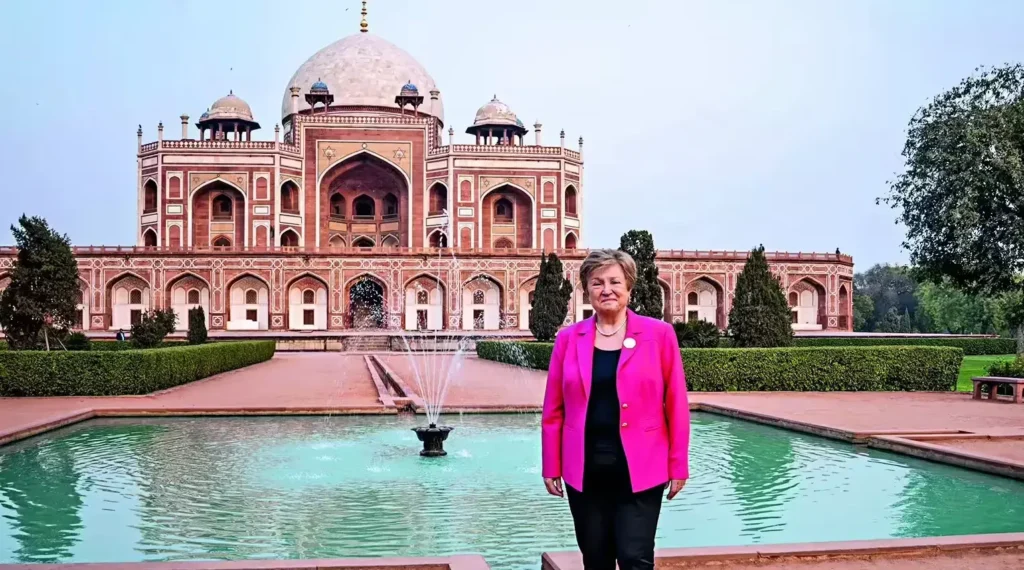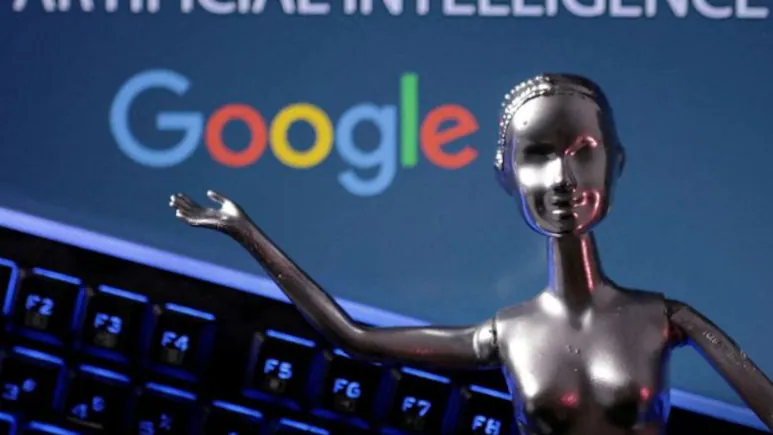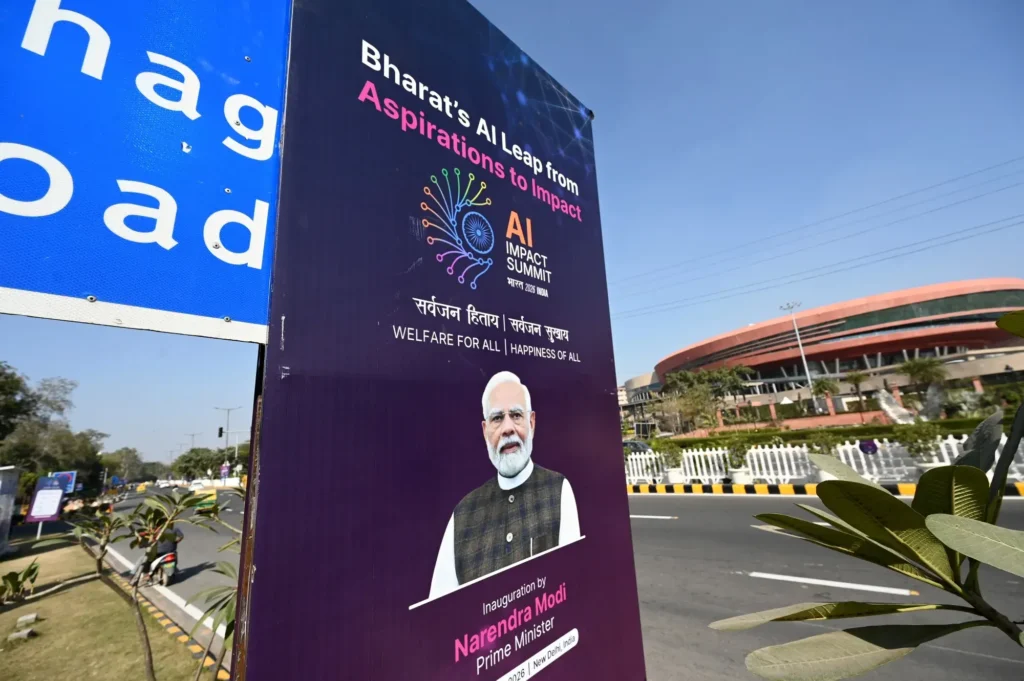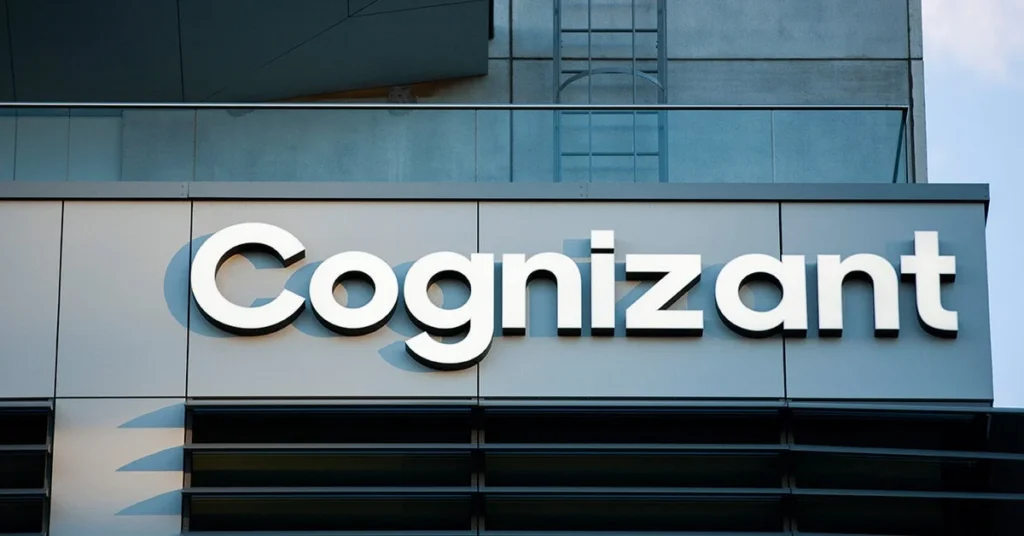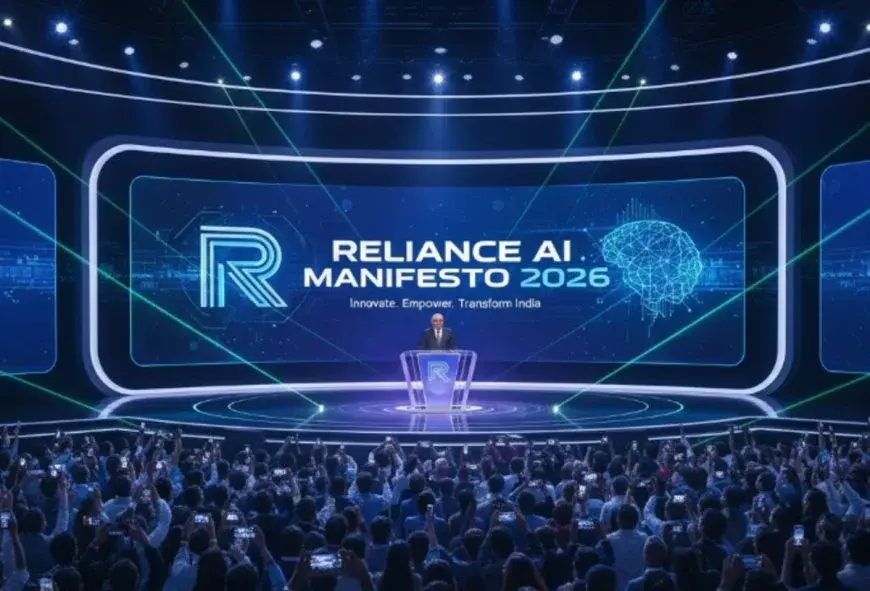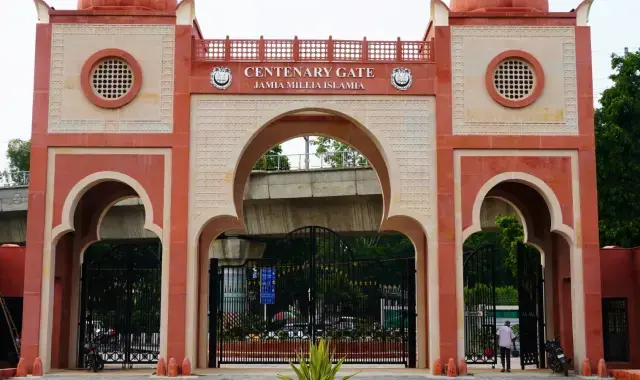AI Could Hit Global Jobs Like a ‘Tsunami’, Warns IMF Chief
Artificial intelligence could reshape the global labour market with the force of a “tsunami”, potentially disrupting millions of jobs and rattling financial systems, cautioned Kristalina Georgieva, Managing Director of the International Monetary Fund (IMF). According to IMF estimates, nearly 40 per cent of jobs in emerging economies and about 60 per cent in advanced economies could be affected by AI. While the technology is expected to eliminate certain roles, it will also enhance and create others. However, Georgieva acknowledged that policymakers still lack clear strategies to help workers transition smoothly into the evolving AI-driven economy. She warned that AI could exacerbate inequality within and across nations, favouring countries and individuals with advanced technological capabilities while leaving others behind. Unchecked expansion of AI, she said, may also create instability in financial markets. Despite the concerns, Georgieva highlighted AI’s significant growth potential. The technology could lift global output by nearly 0.8 percentage points, pushing economic growth beyond pre-pandemic levels and opening new avenues for employment. For India, she noted, such momentum could support its ambition of becoming a developed nation under the “Viksit Bharat” vision. The IMF chief emphasised that countries investing in digital infrastructure, skill-building, and AI adoption will be better positioned to benefit. She outlined three key risks: widening inequality between technological “haves” and “have-nots,” threats to financial stability, and large-scale job displacement. The IMF has earlier cautioned that rapid AI-related investments, particularly in the US, could risk forming a speculative bubble reminiscent of the early 2000s dot-com crash. Source: TNN
AI Could Hit Global Jobs Like a ‘Tsunami’, Warns IMF Chief Read More »

